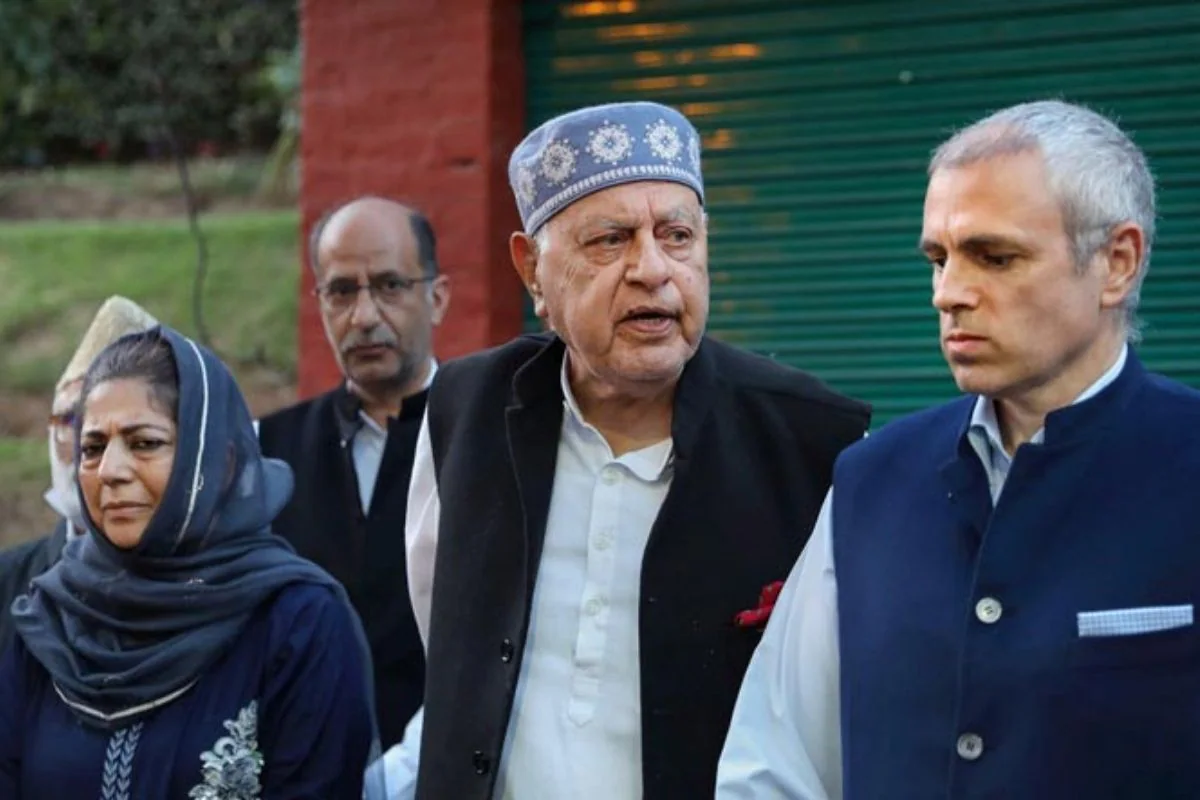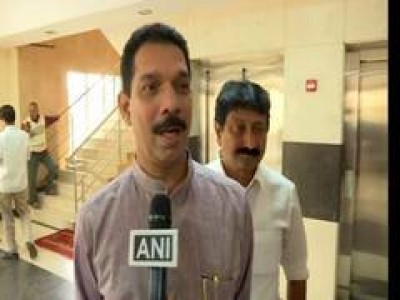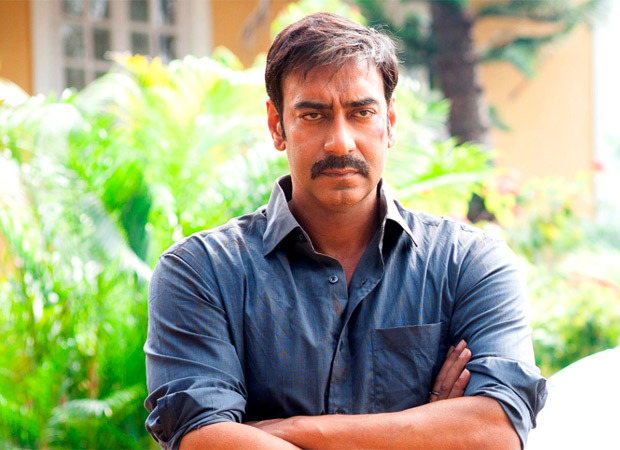On October 21, 2009, Kashmir valley was shivering due to an intense cold wave with many places recording sub-zero temperatures. Gulmarg, a key tourist attraction in Baramulla, was frigid as well. But the temperature was high at the National Conference’s camp in the area as jubilant party workers were celebrating Omar Abdullah’s ascension to power a few months ago.
After 178 days of Governor’s Rule (from July 2008), Omar became the chief minister of Jammu and Kashmir on January 5, 2009. He governed the state for a little more than six years till the Centre once again imposed Governor’s Rule for 52 days on January 8, 2015.
Omar was visiting Gulmarg in October 2009 to promote skiing and tourism activities in the ‘meadow of flowers’, as the area is known.
That was the first time when this reporter met Omar Abdullah in Gulmarg as J&K’s youngest chief minister at 38.
He shook hands and said, “I believe some good stories will emerge from the Valley now. Have a pleasant stay.”
Since then, a lot of water has flown under the bridge and the tone and tenor of J&K’s politics has undergone significant change.
Mamata’s call for opposition unity
Though Jammu and Kashmir only has six Lok Sabha seats, this region has always been in the headlines for various reasons and has played a crucial role politically on the national stage. And things are unlikely to be any different in the context of Mamata Banerjee’s recent call for a ‘united front’ to take on the ruling BJP in the 2024 parliamentary polls.
When contacted over the phone for his reaction, Omar said, “I think it would be premature to comment now. She has a very important role to play and she needs to galvanise some of the other opposition parties, but I don’t want to sabotage any sort of possible unity by putting the cart before the horse because. This will give BJP an opportunity/platform to create a rift among us…Why should we put all our cards on the table from now on? She has a very important part to play. She has just been given a thumping mandate by the people of West Bengal. Nobody can ignore the way she took on the BJP and defeated them. They (BJP) put every resource before the state unit to win, but, despite that, she was able to consolidate her position.”
In March 2015, Mufti Mohammad Sayeed of the Peoples Democratic Party (PDP) came to power in J&K, followed by Governor’s Rule for 88 days (from January 2016). Sayeed’s daughter Mehbooba Mufti then became the chief minister in April 2016 for a little more than two years. J&K is under central rule again since 2018 and now all eyes will be on the June 24 meeting in the national capital where Prime Minister Narendra Modi may discuss, among other things, restoring the statehood of Jammu and Kashmir with important political leaders from the region.
On August 5, 2019, the Centre withdrew the special status of Jammu and Kashmir under Article 370 of the Constitution and bifurcated it into two union territories — J&K with a legislative assembly and Ladakh without one. This was followed by the imposition of restrictions on several political leaders and activists including Omar Abdullah and Mehbooba Mufti in the Kashmir valley.
The clampdown was gradually lifted to create an atmosphere conducive to initiate talks with local leaders.
The issue of influence
On the influence of regional parties being restricted to their respective states, Omar said, “Nobody can ignore that (the importance of Mamata Banerjee) but we must also keep in mind that unfortunately regional leaders are confined to their individual regions now. This is a fact… whether we like it or not. Let’s say, Mamata Banerjee will have less of a role in Maharashtra. Sharad Pawar will have less of a role in West Bengal. Stalin ji will have less of a role in Jammu and Kashmir and my father (former CM Farooq Abdullah) will have less of a role outside Jammu and Kashmir. So, I think we should play to our strengths and we should work together. We should try and arrive at some sort of common consensus on issues and I think that is where Mamata Banerjee can take a lead in terms of evolving a consensus on issues on which we can fight the BJP. Efforts to bring everybody together should be there as we have done this in the past also. We are only two years into this Parliament (after the 2019 Lok Sabha polls). There are still three years to go and we need to sort of evolve our strategy carefully and not appear to be over eager also because we don’t want to play to the advantages of the BJP. When she won, I congratulated her (Mamata Banerjee) but as and when required, I am always there to discuss things with Mamata Didi.”
The National Conference is now part of the People’s Alliance for Gupkar Declaration (PAGD), a seven-party coalition of mainstream parties, formed to campaign for the restoration of the special status to Jammu and Kashmir. The alliance said on Tuesday that it will attend the all-party meeting on June 24 with Prime Minister Modi.
Asked about his thoughts on the matter, Omar said, “I am not authorised to speak on the June 24 meeting with the Prime Minister because the consultation process of my party is still ongoing. The consultation process will continue till Wednesday, so unless our meetings are over, I am not authorised to speak on that issue.”
Pawar trip
On the issue of whether political strategist Prashant Kishor is going to play an important role in bringing all the opposition leaders under one umbrella before the 2024 Lok Sabha polls, after his back-to-back meetings with Nationalist Congress Party chief Sharad Pawar in Mumbai, Omar said, “I don’t know what role he will play but obviously he seems to have some strategy in mind because again he met Sharad Pawar in Maharashtra. So obviously he has something in mind but I don’t want to speculate because I had no conversation with him. I don’t know what he is planning and what his strategy is.”
Kishor, who worked with Mamata Banerjee ahead of the April-May assembly polls there, told News18 on Tuesday that he did have very important discussions with Pawar and will have more meetings “with politics on the plate and 2024 as target”. He, however, said he doesn’t believe a third or fourth front can challenge the BJP.
Another influential political leader, Mehbooba Mufti, who was the first woman chief minister of Jammu and Kashmir, also believes that Mamata Banerjee should play an important role in bringing the opposition parties together.
Mehbooba is the president of the Peoples Democratic Party (PDP) and was detained in August 2019, along with many other regional leaders like Omar, under the Jammu and Kashmir Public Safety Act, to be released in October 2020.
She formed a coalition government in J&K with the BJP in 2016 but had to resign two years later when the alliance partner severed ties.
In August 2019, Mamata Banerjee slammed the Centre for declaring Jammu and Kashmir a union territory in an “undemocratic way, without discussing the matter with other political parties or by holding a vote”.
On Mehbooba Mufti and Omar Abdullah’s detention, she had said, “They are political leaders and not terrorists. They should be released immediately.” The Centre should build confidence among the people, she added.
Filling a vacuum
In a conversation over text messaging with News18, Mehbooba Mufti said, “I think the more options you have the more democracy flourishes. It is very important to have more choices to lead this great country and if Mamata Banerjee is taking the lead in this, kudos to her. I am sure it will be good for the country. We are not like any other country or like China, where one-party rule is the only option. So the country at this time needs a very strong and vibrant opposition and Mamata ji may be able to fill in the vacuum.”
On the meeting with PM Modi on June 24, she said, “Final decision will be taken after the PAGD meet on June 23.”
With the Trinamool Congress’s emphatic victory last month in the hard-fought West Bengal assembly polls, calls for an anti-BJP front in national politics have been growing louder.
Sharad Pawar is all set to hold a meeting with opposition leaders under the banner of ‘Rashtra Manch’ (National Forum), launched in 2018 by rebel BJP leaders Yashwant Sinha (presently with the Trinamool Congress) and Shatrughan Sinha (also on good terms with Mamata Banerjee).
A rerun
In 2019, Mamata had called for a ‘Mahagathbandhan’ (Grand Alliance) before the Lok Sabha polls to oust the BJP government. She invited leaders of all opposition parties to attend a mega rally in Kolkata’s iconic Brigade Parade Ground on January 19, 2019.
More than 20 national leaders, including former Prime Minister HD Deve Gowda, former union ministers Yashwant Sinha, Shatrughan Sinha and Arun Shourie, Delhi chief minister Arvind Kejriwal, and former chief ministers Farooq Abdullah, Omar Abdullah, Akhilesh Yadav, Chandrababu Naidu and Gegong Apang attended.
However, the political equations changed as the BJP once again formed the government in 2019 at the Centre and regional parties failed to carry forward their show of ‘united strength’ due to differences of opinion, especially between the Congress and the TMC.
A similar unification attempt is emerging with the next parliamentary polls not too far away, and the BJP rivals hope to put up a better fight this time.
Read all the Latest News, Breaking News and Coronavirus News here




